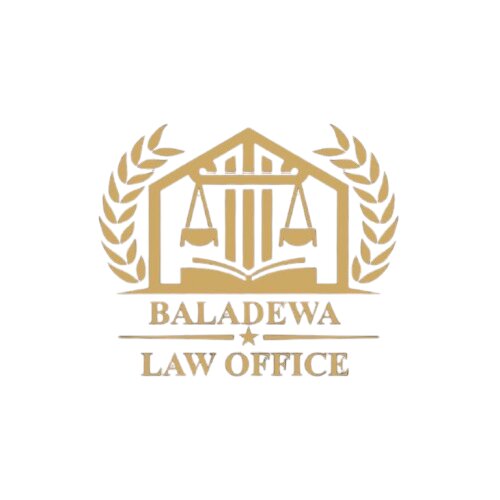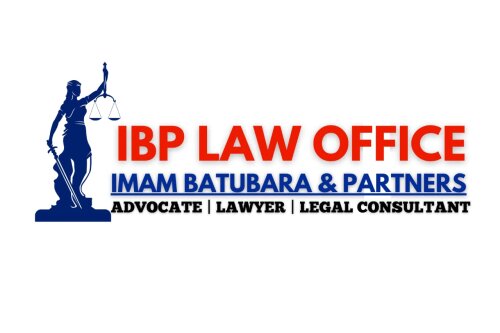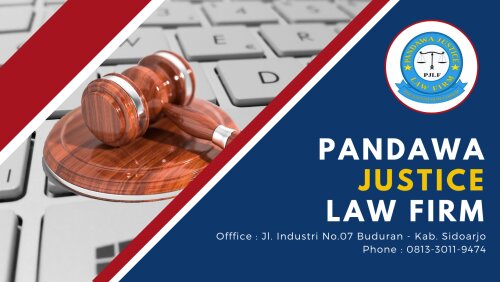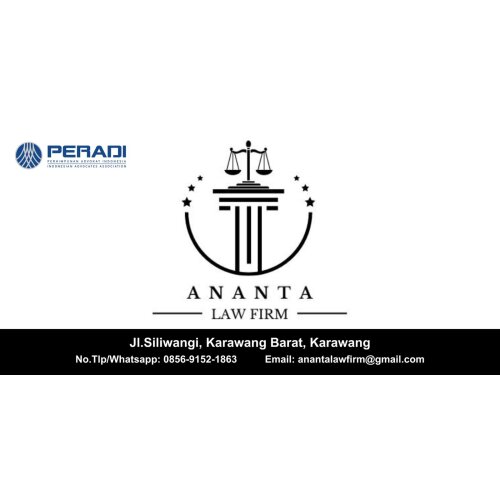Best Defamation Lawyers in Indonesia
Share your needs with us, get contacted by law firms.
Free. Takes 2 min.
Or refine your search by selecting a city:
List of the best lawyers in Indonesia
About Defamation Law in Indonesia
Defamation in Indonesia is primarily governed by the country's Criminal Code (KUHP) and the Electronic Information and Transactions Law (UU ITE). Defamation can occur when someone damages another person's reputation through false statements, either in writing or verbally. The Indonesian legal system considers defamation a crime and it can lead to both civil and criminal liabilities. Defamation laws in Indonesia cover slander (verbal defamation) and libel (written defamation), and they include specific provisions for defamation conducted via electronic media.
Why You May Need a Lawyer
People may require legal help with defamation for various reasons, such as:
- Being accused of defamation in either personal or professional settings and needing defense representation.
- Bringing forth a defamation claim against someone who has made false and damaging statements.
- Navigating the complexities of the Indonesian legal system to ensure compliance and best possible outcomes.
- Seeking damages for lost reputation or economic impacts resulting from defamation.
- Understanding the potential consequences of electronic defamation under UU ITE.
Local Laws Overview
Key aspects of defamation laws in Indonesia include:
- Criminal Code (KUHP): Articles 310 and 311 deal with traditional forms of defamation, covering slander and libel. Article 310 refers to defamation as any act that intentionally harms someone's honor or reputation through false accusations, while Article 311 escalates penalties if such accusations are proven false.
- Electronic Information and Transactions Law (UU ITE): Enacted in 2008, this law covers defamation conducted through electronic means, such as social media and other internet communications. It imposes strict penalties, which can include imprisonment and substantial fines.
- Burden of Proof: Under Indonesian law, the burden of proof typically rests with the plaintiff to demonstrate that the alleged defamatory statements are indeed false and damaging.
Frequently Asked Questions
What constitutes defamation in Indonesia?
Defamation involves issuing false statements that can harm an individual's reputation. This can be through written, spoken, or electronic communication.
What is the difference between criminal and civil defamation?
Criminal defamation involves prosecution by the state and can lead to imprisonment or fines, whereas civil defamation involves a lawsuit to seek compensation for damages.
How serious are the penalties for defamation under UU ITE?
The penalties can be quite severe, including up to 6 years of imprisonment and fines up to IDR 1 billion, reflecting the seriousness of electronic defamation.
Can an apology mitigate defamation charges?
An apology might help reduce penalties or resolve civil disputes, but it may not necessarily alter criminal proceedings.
Is truth a defense against defamation charges?
Yes, proving that the statements made are true is a valid defense against defamation charges in Indonesia.
Can foreign nationals be charged with defamation in Indonesia?
Yes, foreign nationals can be charged if they commit acts of defamation within Indonesian jurisdiction or through electronic means accessible in Indonesia.
What role does intent play in a defamation case?
Intent can influence the severity of penalties, especially in criminal defamation, where malicious intent may lead to harsher outcomes.
Can defamation cases be settled outside court?
Yes, many defamation cases are resolved through mediation or settlements without reaching court.
What are the possible defenses in a defamation case?
Defenses include truth, lack of intent to harm, privilege (such as parliamentary or judicial statements), and fair comment.
How long do I have to file a defamation claim?
The statute of limitations for defamation cases in Indonesia is generally six years, but it is advisable to file as soon as possible.
Additional Resources
For more information and assistance related to defamation law in Indonesia, consider contacting:
- Legal Aid Organizations: Provide free or subsidized legal services for those who cannot afford private attorneys.
- Indonesian National Police: For criminal cases of defamation.
- Indonesian Ministry of Communication and Informatics: Specially for cases related to electronic defamation.
- Law Societies and Bar Associations: For referrals to qualified lawyers specializing in defamation.
Next Steps
If you believe you are involved in a defamation issue and need legal assistance, consider taking the following steps:
- Document Everything: Keep records of all communications and evidence related to the defamation incident.
- Consult a Lawyer: Seek guidance from a lawyer experienced in Indonesian defamation law to understand your options and rights.
- Assess the Impact: Evaluate the damages incurred, both financially and reputationally, to support your case.
- Consider Mediation: Explore alternative dispute resolution methods to settle the matter amicably, if possible.
- Prepare for Legal Action: If necessary, prepare to file a lawsuit or defend against one, based on legal counsel's recommendations.
Lawzana helps you find the best lawyers and law firms in Indonesia through a curated and pre-screened list of qualified legal professionals. Our platform offers rankings and detailed profiles of attorneys and law firms, allowing you to compare based on practice areas, including Defamation, experience, and client feedback.
Each profile includes a description of the firm's areas of practice, client reviews, team members and partners, year of establishment, spoken languages, office locations, contact information, social media presence, and any published articles or resources. Most firms on our platform speak English and are experienced in both local and international legal matters.
Get a quote from top-rated law firms in Indonesia — quickly, securely, and without unnecessary hassle.
Disclaimer:
The information provided on this page is for general informational purposes only and does not constitute legal advice. While we strive to ensure the accuracy and relevance of the content, legal information may change over time, and interpretations of the law can vary. You should always consult with a qualified legal professional for advice specific to your situation.
We disclaim all liability for actions taken or not taken based on the content of this page. If you believe any information is incorrect or outdated, please contact us, and we will review and update it where appropriate.
Browse defamation law firms by city in Indonesia
Refine your search by selecting a city.















